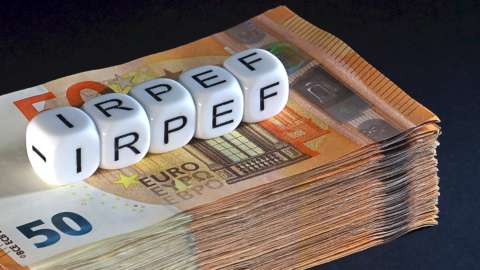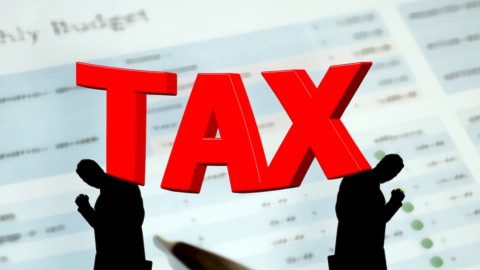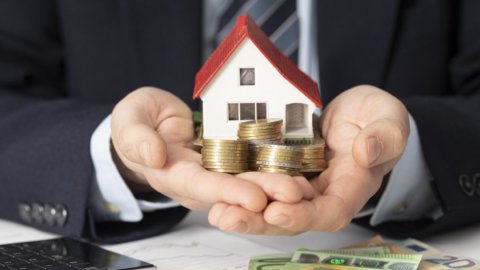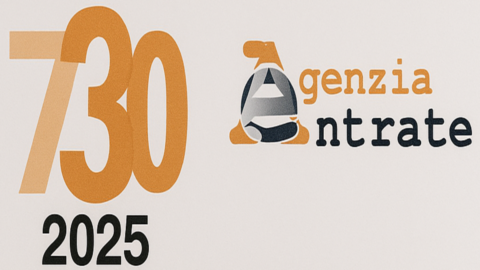La smart home è una realtà in continua crescita. Grazie alla domotica, infatti, è sempre più possibile realizzare una casa intelligente, quella in cui gli elettrodomestici, le caldaie e i condizionatori, ma non solo, possono accendersi e regolarsi a distanza, tramite interfacce smart di vario genere, accessibili soprattutto attraverso smartphone, pc e tablet.
Si tratta di un sistema per migliorare la qualità della nostra vita e la nostra sicurezza, ma anche per ridurre i costi di gestione dell’energia. Un tema, questo, sul quale lo Stato ha deciso di invetire già da qualche anno, affidando al braccio operativo dell’Enea (Agenzia nazionale per l’efficienza energetica) tutti gli adempimenti tecnici. Nell’ecobonus, che consente di recuperare il 65% della spesa per l’efficienza energetica attraverso la detrazione dalle tasse diluita in 10 anni, rientrano appunto alcuni degli interventi per la domotica. Oltre che per i lavori più tradizionali per ridurre il fabbisogno energetico, per esempio sugli infissi, la detrazione fiscale Irpef o Ires può essere utilizzata, dunque, anche per realizzare la casa intelligente.
Sul sito dell’Enea è a disposizione una breve guida realizzata dagli esperti dell’Unità tecnica con le indicazioni per accedere agli ecoincentivi per la building automation, all’interno del quale sono chiariti quali siano gli interventi incentivati, i requisiti per gli immobili e le modalità d’invio della documentazione all’Enea per usufruire della detrazione.
Innanzitutto, bisogna tenere presente che gli unici immobili che possono accedere al bonus del 65% sono quelli già accatastati (o con richiesta di accatastamento in corso), in regola con il pagamento dei tributi e dotati di impianti di riscaldamento.
Alla detrazione sono ammesse le spese per l’acquisto, l’installazione e la messa in opera dei dispositivi che consentono la gestione automatica personalizzata a distanza di impianti di riscaldamento, di climatizzazione estiva e per produrre acqua calda sanitaria. Il che significa: termosifoni, scaldabagni e condizionatori. Gli incentivi coprono, inoltre, le opere elettriche e murarie necessarie all’istallazione dei sistemi di building automation degli impianti termici degli edifici, mentre non rientra nel bonus l’acquisto dei dispositivi per interagire da remoto come telefoni cellulari, tablet o personal computer. Anche i sistemi di domotica legati agli altri elettrodomestici sono esclusi dal bonus.
Gli interventi per la building automation potranno essere realizzati sia indipendentemente, sia in abbinamento con gli interventi di riqualificazione degli impianti per la climatizzazione invernale.
L’obiettivo è chiaro: meno spreco, maggiore efficienza energetica, più risparmio. Il Governo, per queste ragioni, ha già fatto sapere che intende prorogare anche a tutto il 2017 il pacchetto di detrazioni fiscali, all’interno della Legge di Stabilità.
La proroga stata annunciata dal premier Matteo Renzi pochi giorni fa, disinnescando la possibilità di ridurre la detrazione al 36% per il prossimo anno. Una riduzione che sarebbe andata a pesare su diversi livelli. L’ecobonus, infatti, è riuscito nel duplice intento di smuovere il settore dell’edilizia italiana e di riscontrare un miglioramento della qualità energetica all’interno delle nostre case.
Come spiegato dal sottosegretario al ministero dell’Economia Pierpaolo Baretta al Corriere della Sera, “l’ecobonus funziona benissimo per stimolare sia i consumi delle famiglie che le attività delle imprese. In questi ultimi anni, con la crisi, il bonus ha prodotto 27 miliardi di investimenti”.
Tra i piani del Governo c’è anche l’estensione del programma, che potrebbe essere allargato, continua Baretta “ai condomini e alla messa in sicurezza sismica delle case. Se possibile riducendo il periodo, oggi dieci anni, entro il quale i contribuenti possono recuperare il credito”.
Le altre spese detraibili con l’Ecobonus sono quelle sostenute per ridurre il fabbisogno energetico per il riscaldamento, per migliorare e mantenere il calore all’interno dell’edificio come ad esempio la pavimentazione, finestre e infissi o coibentazioni, oltre che l’installazione di pannelli solari e la sostituzione degli impianti di climatizzazione invernale.





